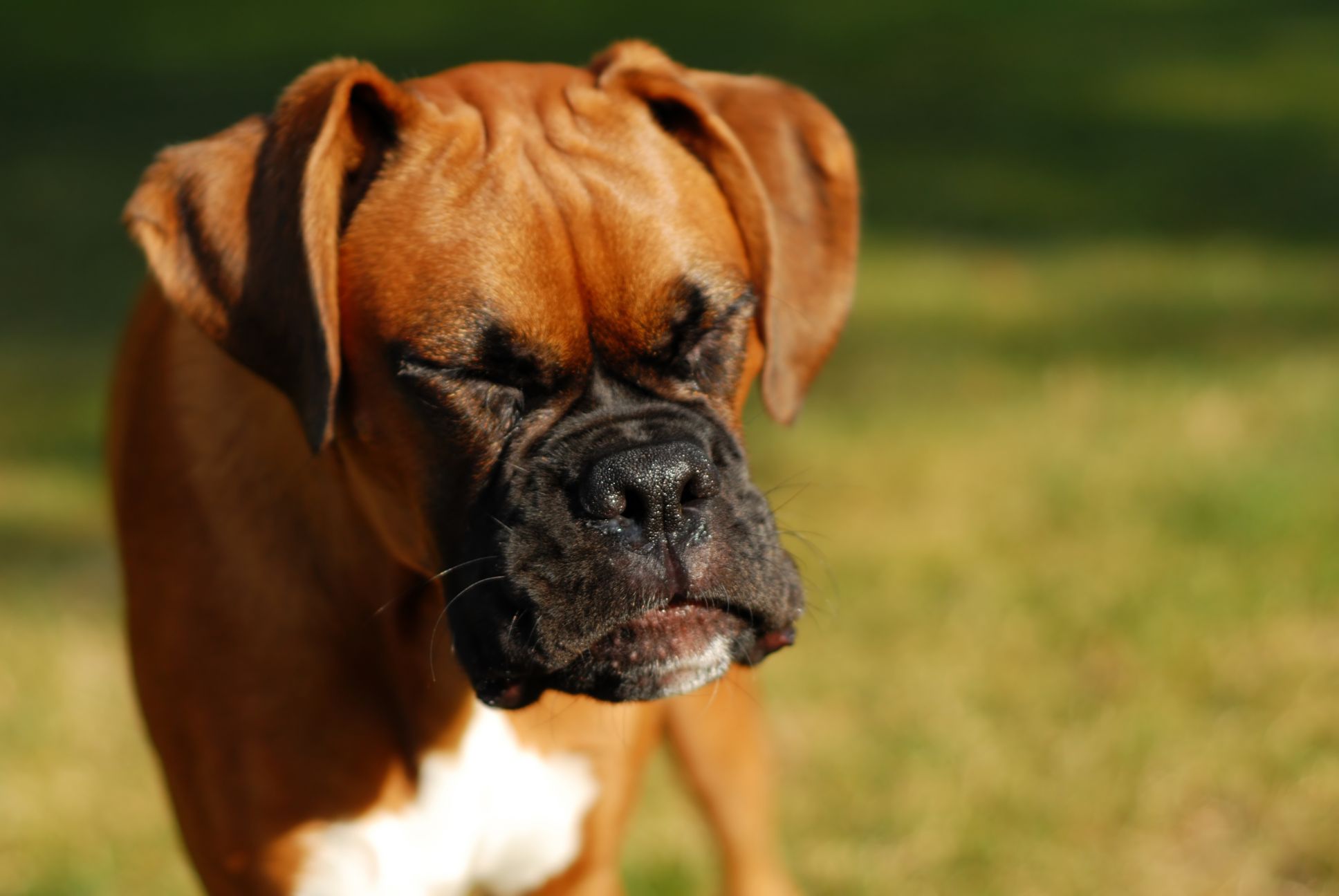What is Reverse Sneezing?

Reverse sneezing can be downright scary. There’s no darling ah-choo! sound to admire. Instead, your pet will suck air in through the nose over and over, almost as if trying to catch their breath. Your dog or cat may extend their head and neck and stand strangely still. Some pets will snort or gag.
In other words, a reverse sneeze looks and sounds like your furry friend is having some sort of seizure and can’t breathe well. You may notice your dog or cat doing this often and ask yourself, “Why is my dog reverse sneezing so much?” There are several reasons why your pup or kitty might experience this strange sneeze—which humans don’t do, by the way!
What Causes Reverse Sneezing?
The exact reason for reverse sneezing isn’t known, but veterinarians and researchers believe it has to do with irritation to your pet’s nose, sinuses, or throat. Clinically known as paroxysmal respiration, reverse sneezing can be triggered by:
- Smoke
- Certain smells
- Nasal mites
- Pollen
- Seeds
- Overexcitement
Researchers think that dogs with longer noses are more likely to experience reverse sneezing due to their narrower nasal passageways. To diagnose reverse sneezing, your veterinarian will first rule out the more serious causes of abnormal breathing, such as upper respiratory infections, tracheal collapse, and nasal tumors or polyps. At MarketPlace Veterinary Hospital, we offer advanced veterinary diagnostics to help diagnose a range of issues.
How to Treat Reverse Sneezing in Dogs
Most cases of reverse sneezing don’t require treatment. Like sneezing, reverse sneezing isn’t a danger to your pet. We understand that it can be stressful to watch your pet reverse sneeze, however. It may calm both you and your pet if you gently stroke your pet’s neck during an episode. Eventually, the sneezing will pass.
If your dog or cat’s reverse sneezing is getting worse, you can make an appointment with our veterinary team at MarketPlace Veterinary Hospital. Write down all the potential triggers in your dog’s environment before the appointment. In addition to the plants and trees in your yard, think about the cleaning supplies, perfumes, and carpet cleaners you use around your dog. Our veterinary team can conduct testing to see if allergies are the culprit behind the reverse sneezing episodes.
Give us a call at (916) 939-1705 to learn more about reverse sneezing and see if your pet needs to come in for a checkup.

